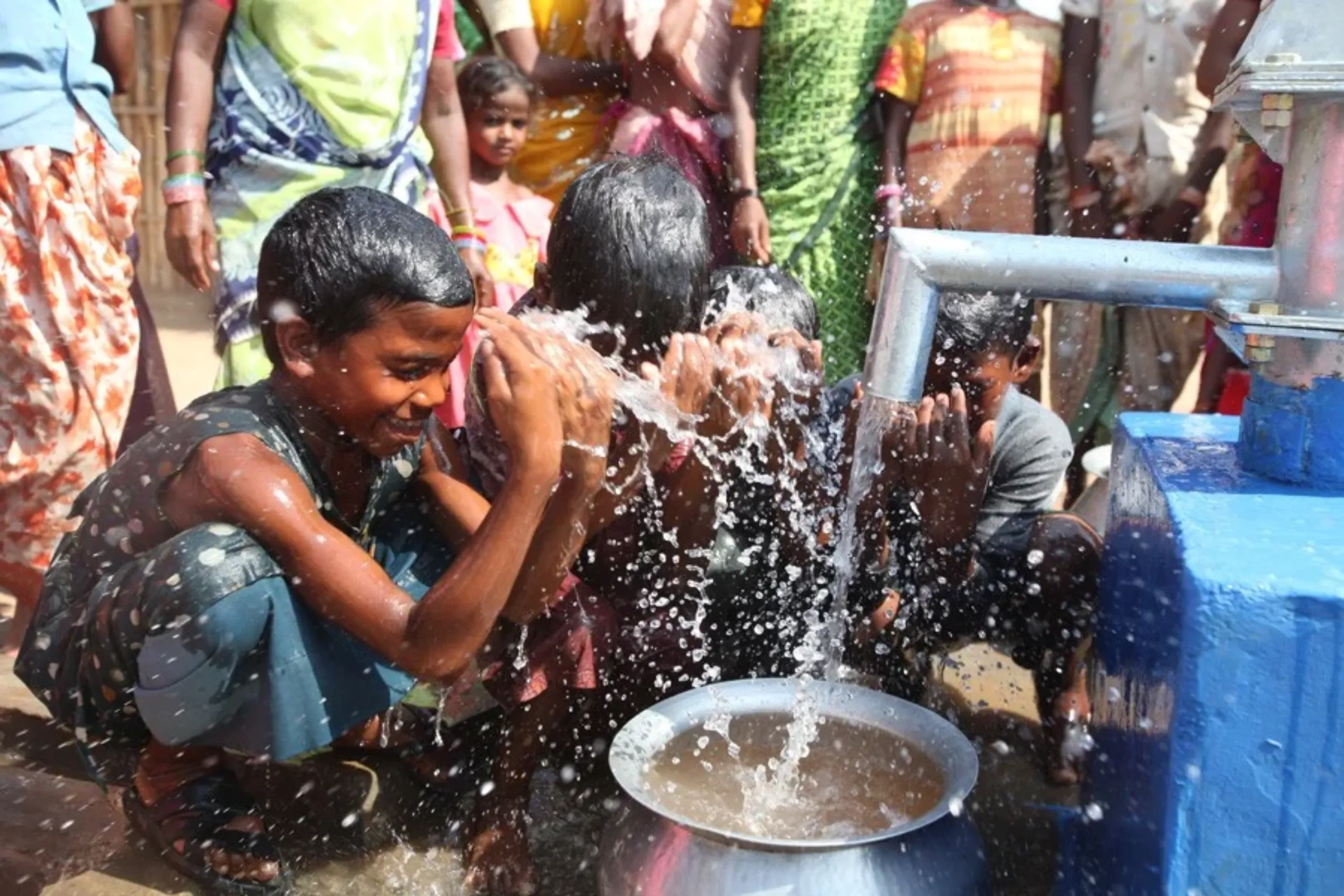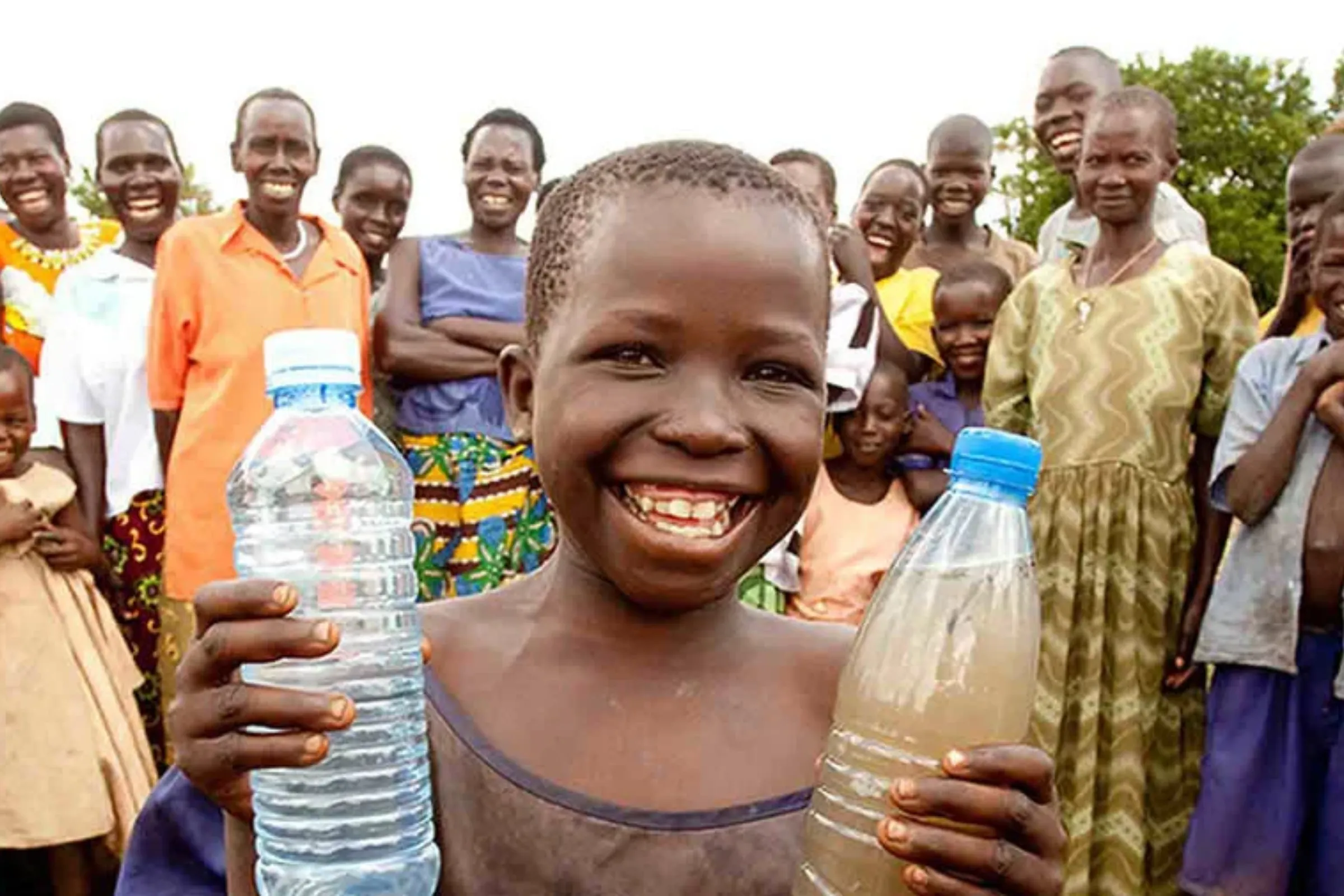Primary Healthcare: NGOs provide basic medical care, including vaccinations, maternal and child health services, and treatment for common illnesses.
- Emergency Medical Services: NGOs offer emergency medical care, including first aid, emergency surgeries, and disaster response.
- Specialized Medical Services: Some NGOs provide specialized medical services, such as maternal and child health care, mental health services, and treatment for specific diseases like HIV/AIDS or tuberculosis.
- Community-Based Health Programs: NGOs implement community-based health programs, which focus on health education, disease prevention, and promotion of healthy behaviors.
Benefits of Medical Facilities Provided by NGOs
- Increased Access to Healthcare: NGOs provide medical facilities to communities that may not have access to government healthcare services.
- Improved Health Outcomes: NGOs help improve health outcomes by providing quality medical care and promoting healthy behaviors.
- Reduced Healthcare Costs: NGOs can help reduce healthcare costs by providing preventive care and early treatment, reducing the need for costly interventions.
- Community Empowerment: NGOs empower communities to take charge of their health by providing health education and promoting healthy behaviors.
Examples of NGOs Providing Medical Facilities
- Doctors Without Borders/Médecins Sans Frontières (MSF): Provides emergency medical care in conflict zones, disaster areas, and other crisis situations.
- Red Cross and Red Crescent Societies: Offers emergency medical services, disaster response, and health education.
- Oxfam: Provides healthcare services, including maternal and child health care, and promotes health education.
- Save the Children: Offers healthcare services, including emergency medical care, and promotes child health and well-being.
Challenges Faced by NGOs in Providing Medical Facilities
- Limited Resources: NGOs often face limited resources, including funding, personnel, and equipment.
- Insecurity and Conflict: NGOs may operate in insecure or conflict-affected areas, which can pose risks to staff and patients.
- Cultural and Language Barriers: NGOs may encounter cultural and language barriers when working in diverse communities.
Conclusion
NGOs play a critical role in providing medical facilities to underserved communities worldwide. By offering a range of healthcare services, NGOs help improve health outcomes, reduce healthcare costs, and empower communities to take charge of their health. Despite the challenges they face, NGOs continue to make a significant impact in promoting health and well-being globally.





